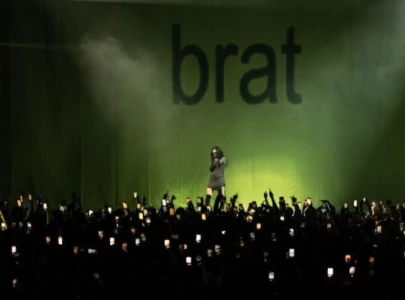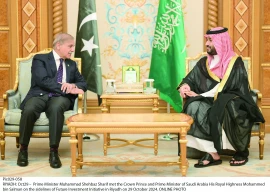
Buner is home to 150 non-Muslim families. Of them only 18 are Hindu while the rest are all Sikhs, according to Khadukhel Tehsil Councillor Jaspal Kumar alias Rajoo.
While hundreds of Hindu families continued to live in Buner after Partition in 1947 and the merger of princely Swat state in Pakistan in 1969, many of them have left their hometown over the years, citing growing intolerance and discrimination. The remaining 18 Hindu families are scattered in a few selected areas of the district.
But at the same time, the number of Sikh families has grown in the region. Compared to some other parts of the country, the atmosphere is very friendly for Sikhs, elders say. Feeling safe and enjoying religious freedom, Sikh elders have even invited their kith and kin from other parts of the country to settle in Buner.
“We never feel alienated from different religious faiths or beliefs, as all dwellers from Chinglai are our contemporaries,” Jaspal told The Express Tribune. “They respect us and we reciprocate that respect.”
In Buner, the majority of non-Muslim families — about 70 — live in Pir Baba town aka Pacha Keley. The second biggest non-Muslim population resides in Dewana Baba town while Ghurghushti is ranked third, hosting 27 such families with 26 of them Sikh and one Hindu.
Most of the families in Ghurghushti shifted from Darband after the construction of Tarbela Dam in the mid ’60s. Almost all of them are businessmen or run shops. But a large number of people from the minorities are serving in key government and semi-government departments as well.
“There are some doctors and engineers but the majority of literate people are posted in the education department,” Councillor Jaspal said. A large number of youngsters have joined the police force.
He recalled only one violent incident against the Sikh and Hindu communities in Chinglai and Ghurghushti towns in reaction to the desecration of Babri Masjid in 1992. “The elders intervened and succeeded in handling the situation,” he said, but the violent act sparked unrest among the people and dozens of Hindu families migrated to India.
He added about 500 Sikh and Hindu families were once scattered all over the Buner district. The majority of them were Hindus, who are now confined to around a dozen places, including four major towns. Many of them relocated to the main villages and towns when Taliban emerged in the last quarter of 2008. A large number of Hindu families left the area for India again.
Jaspal believed non-Muslims faced problems in the past because of lack of education and awareness amongst the Muslims. “The situation is different now. Muslims have started respecting non-Muslims all over the district,” he said.
A Hindu shopkeeper named Numindar Lal vouched for the councillor’s claims. “I have never felt threatened over my religious beliefs,” he said. “Residing in this region for a long time, we are familiar with local people and respect each other on reciprocal grounds.”
Published in The Express Tribune, July 16th, 2016.




1719660634-1/BeFunky-collage-nicole-(1)1719660634-1-165x106.webp)












COMMENTS
Comments are moderated and generally will be posted if they are on-topic and not abusive.
For more information, please see our Comments FAQ